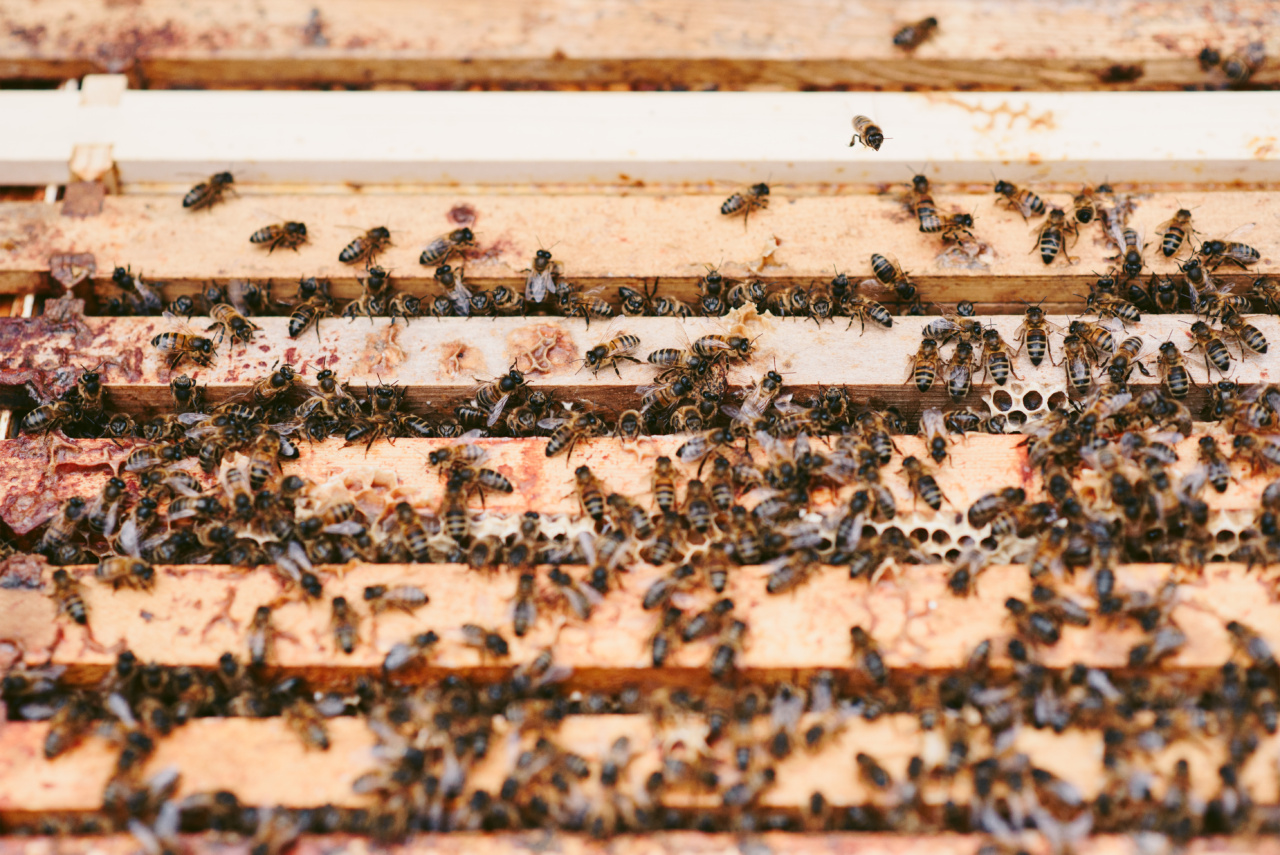If you have ever been advised to watch your fat intake, it is likely because of concerns about your heart health or weight gain. However, there is another important organ that is greatly affected by the consumption of high-fat foods – your liver.
The liver plays a critical role in several metabolic processes, including the breakdown and storage of fats. When you consume excessive amounts of high-fat foods, it can lead to a condition known as fatty liver disease.
Understanding Fatty Liver Disease
Fatty liver disease occurs when there is an abnormal accumulation of fat in the liver cells. This condition can be classified into two categories:.
Non-alcoholic Fatty Liver Disease (NAFLD)
NAFLD is the most common form of fatty liver disease and is associated with excessive fat accumulation in the liver without alcohol consumption.
It is often seen in individuals who are overweight, obese, or have certain metabolic conditions like diabetes or high cholesterol levels.
Alcoholic Fatty Liver Disease
As the name suggests, alcoholic fatty liver disease is caused by excessive alcohol consumption. When alcohol is consumed, the liver prioritizes its metabolism and fat breakdown takes a backseat.
Over time, this leads to the accumulation of fat in the liver cells, causing inflammation and damage.
The Role of High-Fat Foods
Although alcohol consumption is a major contributor to fatty liver disease, high-fat foods can also play a significant role, especially in non-alcoholic fatty liver disease.
When you consume foods high in unhealthy fats like saturated and trans fats, it can lead to an increased influx of free fatty acids to the liver. These fats are then stored in the liver cells, leading to the development of fatty liver disease.
The Effects of High-Fat Foods on Liver Health
Consuming high-fat foods can have several detrimental effects on your liver health, including:.
1. Increased Fat Accumulation
High-fat foods contribute to the buildup of fat in the liver, leading to the development of fatty liver disease.
This excess fat can hinder the liver’s ability to function properly, impacting its ability to produce and regulate essential substances in the body.
2. Inflammation and Oxidative Stress
High-fat foods promote inflammation and oxidative stress in the liver. This can lead to the release of harmful molecules called cytokines, which further exacerbate liver damage and promote the progression of liver disease.
3. Insulin Resistance
Consumption of high-fat foods is associated with insulin resistance, a condition in which the body’s cells become less responsive to the hormone insulin.
Insulin resistance can interfere with the liver’s ability to regulate blood sugar levels and can increase the risk of developing type 2 diabetes.
4. Liver Fibrosis
Chronic consumption of high-fat foods can lead to liver fibrosis, a condition characterized by the excessive accumulation of scar tissue in the liver.
Liver fibrosis can progress to more severe conditions, such as cirrhosis, which can have life-threatening consequences.
5. Increased Risk of Liver Cancer
Several studies have shown a link between high-fat diets and an increased risk of liver cancer. The excessive fat accumulation, inflammation, and oxidative stress caused by high-fat foods contribute to the development and progression of liver cancer.
Eating a Liver-Friendly Diet
To protect your liver health and reduce the risk of fatty liver disease, it’s important to make healthier dietary choices. Here are some tips for a liver-friendly diet:.
1. Limit Saturated and Trans Fats
Avoid or limit your intake of foods high in saturated and trans fats. These include fatty meats, deep-fried foods, packaged snacks, and commercially baked goods.
Opt for lean protein sources and healthier fats like those found in fish, nuts, and avocados.
2. Increase Fiber Intake
Fiber-rich foods like fruits, vegetables, whole grains, and legumes can help improve liver health. They aid in digestion, promote regular bowel movements, and may even help reduce the absorption of fats in the intestine.
3. Opt for Plant-Based Proteins
Include plant-based proteins like beans, lentils, tofu, and tempeh in your diet. These options are lower in unhealthy fats and can contribute to overall better liver health.
4. Moderate Alcohol Consumption
If you consume alcohol, do so in moderation. Avoid excessive and binge drinking, as it can cause alcoholic fatty liver disease and worsen existing liver conditions.
5. Stay Hydrated
Drinking an adequate amount of water helps flush out toxins from your liver and promotes overall liver health.
6. Maintain a Healthy Weight
Maintaining a healthy weight is crucial for liver health. If you are overweight or obese, losing weight through a combination of a balanced diet and regular exercise can help reduce the accumulation of fat in the liver.
The Bottom Line
While the dangers of high-fat foods for heart health and weight gain are well-known, their impact on liver health is often overlooked.
Consuming excessive amounts of high-fat foods can lead to the development of fatty liver disease, inflammation, insulin resistance, liver fibrosis, and an increased risk of liver cancer. By making healthy dietary choices and adopting a liver-friendly diet, you can protect your liver and promote overall well-being.





























